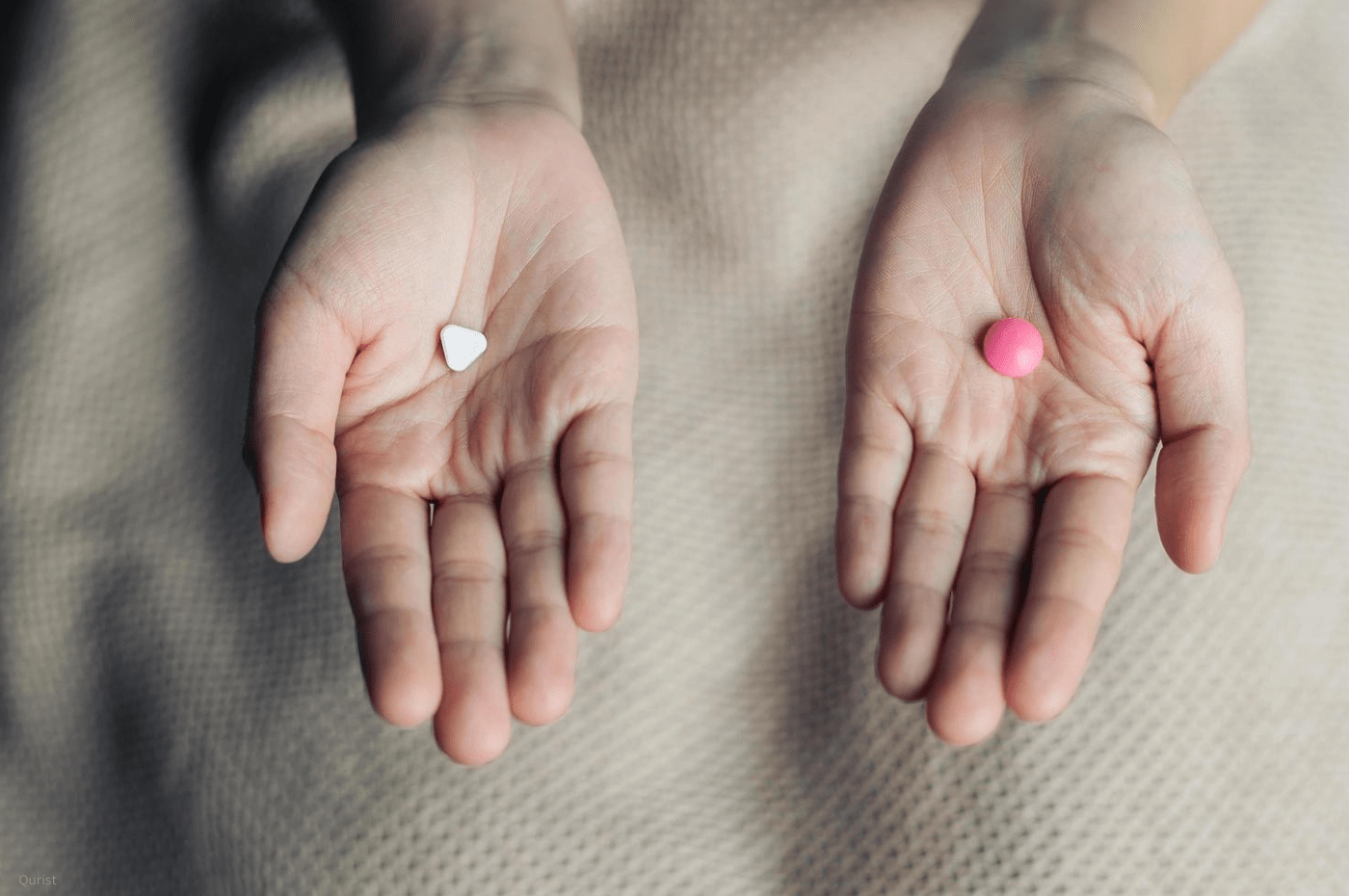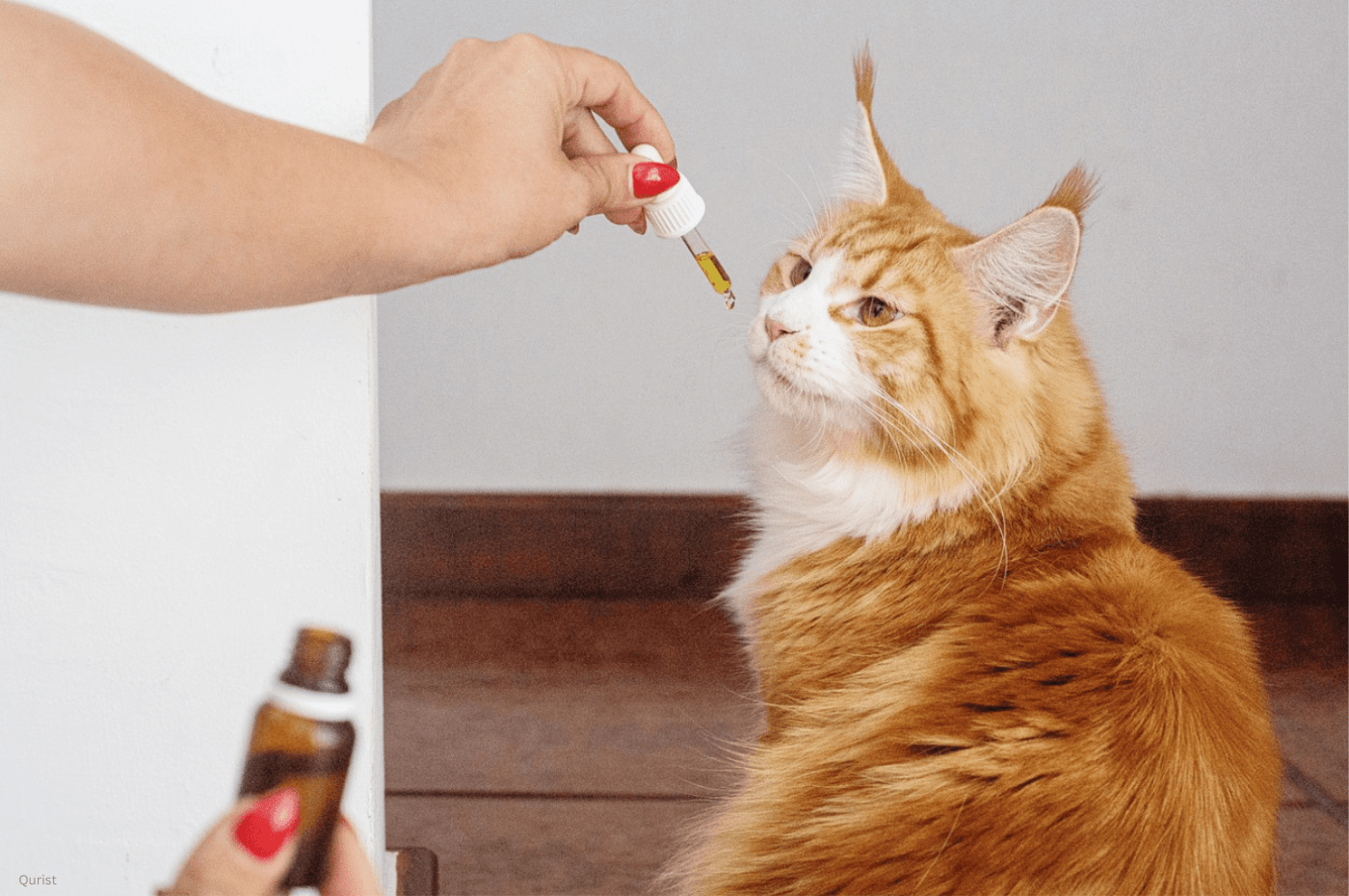Pain relief and fever management are among the most common reasons people reach for over-the-counter medicines in India. Among the most recognized names in this category are Paracetamol and Crocin. To many, they seem interchangeable. But is there a difference? Why are both terms used separately? And more importantly, in a time when people are rethinking long-term use of conventional medications, how are plant-based wellness alternatives like CBD entering the conversation?
What is Paracetamol?
Paracetamol (also known globally as acetaminophen) is a widely used analgesic (pain reliever) and antipyretic (fever reducer). It works by inhibiting the production of prostaglandins in the brain, chemicals that signal pain and cause fever.
Common Uses:
- Fever due to viral or bacterial infections
- Headaches and migraines
- Menstrual cramps
- Toothaches
- Mild to moderate musculoskeletal pain
Dosage in Adults:
- Typical dose: 500-1000 mg every 4-6 hours
- Maximum dose: Up to 4000 mg per day (with medical guidance)
While it is considered safe when used correctly, overuse or high doses can lead to liver damage, particularly when combined with alcohol or existing liver conditions.
What is Crocin?
Crocin is a branded formulation that contains Paracetamol as its key active ingredient. It is a product manufactured and sold by GSK (GlaxoSmithKline) in India and comes in several variants like Crocin Pain Relief, Crocin Advance, and Crocin Cold & Flu.
So when people say “Crocin,” they are referring to a specific brand of Paracetamol-based medicine, not a different chemical compound. The differences between Crocin and generic Paracetamol may lie in:
- Formulation speed (e.g., Crocin Advance is designed for faster absorption)
- Added ingredients (some Crocin variants contain caffeine or antihistamines)
- Branding and perception
Bottom line: Paracetamol is the active ingredient. Crocin is a branded version of it.
Crocin vs Paracetamol
| Feature | Paracetamol | Crocin |
| Generic or Branded | Generic compound | Branded product (by GSK) |
| Active Ingredient | Paracetamol | Paracetamol |
| Available Forms | Tablets, syrups, IV injections | Tablets, syrups (branded versions) |
| Variants | Depends on manufacturer | Advance, Pain Relief, Cold & Flu |
| Common Purpose | Pain relief, fever reduction | Same |
| Cost | Varies (often cheaper) | Slightly higher due to branding |
Why Are People Exploring Alternatives?
Many Indians are re-evaluating their long-term dependency on OTC painkillers. While Paracetamol is considered safe in moderation, consistent use raises concerns, especially when combined with:
- Chronic conditions (like liver disease)
- Polypharmacy (use of multiple medications)
- Pregnancy and child care
Additionally, some people report that conventional medications offer short-term relief, but don’t always support the broader wellness aspects, like sleep, stress, or inflammation. This shift in mindset has led to interest in natural alternatives like CBD.
CBD- A Gentle Wellness Alternative
CBD is a non-intoxicating compound derived from the cannabis plant. It interacts with the endocannabinoid system (ECS) in our body, which helps regulate processes like mood, inflammation, sleep, and pain perception. CBD is not an analgesic or a replacement for Paracetamol. However, individuals are beginning to explore it as part of a daily wellness regimen that supports:
- Mild physical discomfort
- Emotional balance
- Improved relaxation
- A proactive approach to wellness, especially during recovery
How Indian Consumers Are Using CBD
- Post-illness recovery: When the body is recovering from fever or viral fatigue, CBD is used to support rest and mood.
- Mild daily aches: Individuals working long hours at desks or those with occasional muscular tension use CBD oils to maintain balance.
- Sleep support: Since stress and pain can interfere with sleep, CBD is being explored as a calming supplement.
- General wellness: People who want to reduce dependence on OTC medication for every small discomfort are incorporating CBD into their routines gradually.
Why Qurist?
Qurist is a homegrown Indian brand focused solely on CBD and THC-based wellness products. It stands out for:
- Transparent ingredient sourcing
- Pet-safe, family-friendly formulations
- Lab-tested batches
- Manufacturing in India, with Indian consumers in mind
CBD vs Paracetamol
| Feature | Paracetamol | CBD |
| Primary Use | Pain and fever relief | Wellness support |
| Onset Time | 30-60 minutes | 30-90 minutes (varies by body) |
| Duration | 4-6 hours | Varies (generally longer lasting) |
| Side Effects (in excess) | Liver stress, allergic reaction | Drowsiness, dry mouth (in some) |
| Prescription Required | No | No, but guidance is advised |
| Legal/Medical Claims | Approved for specific conditions | No curative claims |
How to Introduce CBD Safely
- Start low, go slow: Begin with 2-3 drops a day, assess your body’s response
- Track outcomes: Notice changes in rest, mood, and general comfort
- Don’t replace medication immediately: CBD is complementary, not substitutive
- Choose trusted sources: Prefer India-made, lab-tested oils like Qurist.
Paracetamol and Crocin are staples in Indian households, and rightly so. They offer quick, effective relief for common symptoms. But as people begin to think long-term about health, side effects, and sustainability, CBD is emerging as a thoughtful supplement to conventional care.
Disclaimer: This article is intended for educational purposes only. CBD is not a replacement for Paracetamol or Crocin and should not be considered a treatment for any medical condition. Always consult with a healthcare professional before introducing new supplements into your routine.





Leave a comment
This site is protected by hCaptcha and the hCaptcha Privacy Policy and Terms of Service apply.